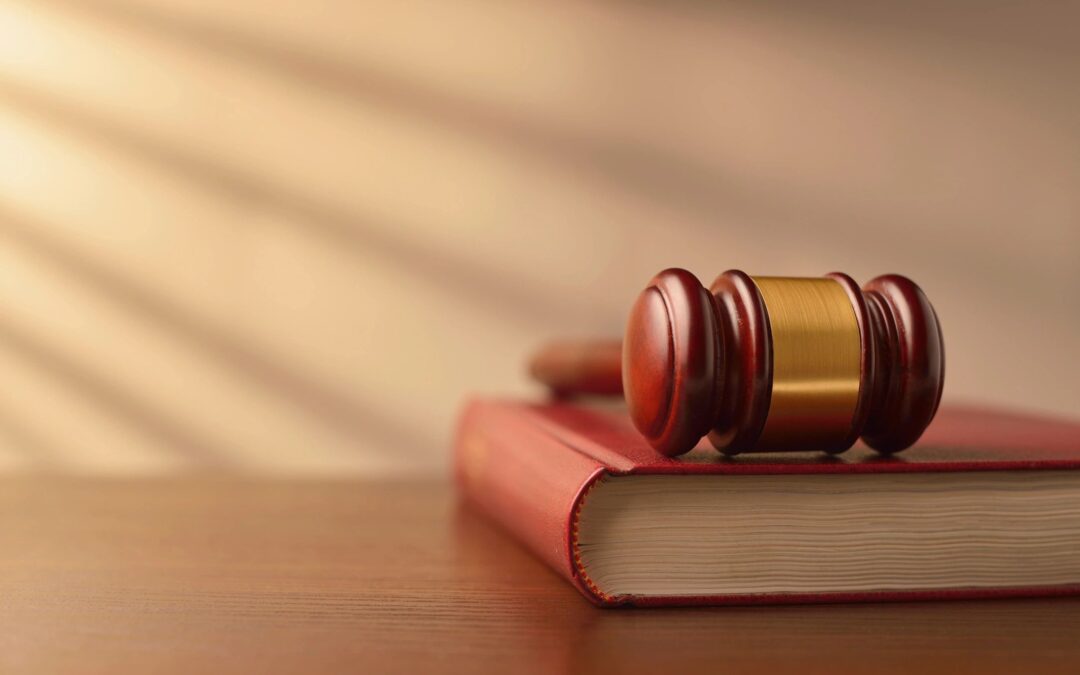
by Carl Kukkonen | Mar 11, 2025 | Amendment Practice, Claim Construction, Federal Circuit Appeal, PTAB News
By Simon Maxwell and Carl Kukkonen – Back in May of 2020, European patent-licensing company Sisvel filed a flurry of lawsuits against a dozen tech companies who had allegedly infringed Sisvel’s portfolio of wireless communication and networking patents. A...

by S. Christian Platt | Dec 2, 2024 | Amendment Practice, PTAB News, PTAB Trial Basics
By Adam J. Cook, Kristen VandeVoort,* Daniel Sloan, and Christian Platt – On October 18, 2024, the USPTO’s final rule regarding Motion to Amend (“MTA”) practice and procedures in trial proceedings under the America Invents Act became effective. The rule makes...

by Matthew Johnson | Aug 5, 2024 | Amendment Practice, Federal Circuit Appeal, Motions Practice, PTAB News
By Tova Werblowsky and Matt Johnson – The Federal Circuit affirmed in part, reversed-in-part and remanded-in-part the Board’s decision in the inter partes review of U.S. Patent No. 8,265,096 (the “’096 patent”), and affirmed the Board’s decision as to the cross...

by Matthew Johnson | Mar 22, 2024 | Amendment Practice, PTAB News
By Christian Roberts, and Daniel Sloan, and Matt Johnson – On March 4, 2024, the Patent Trial and Appeal Board (“PTAB”) of the United States Patent and Trademark Office (“USPTO”) issued a Notice of Proposed Rulemaking (“NPR”) regarding Motion To Amend (“MTA”)...

by Carl Kukkonen | Oct 30, 2023 | Amendment Practice, Federal Circuit Appeal, PTAB News
By Carl Kukkonen and Matt Carey – The Federal Circuit in Sisvel International S.A. v. Sierra Wireless, Inc. (Fed. Cir. Sept. 1, 2023) (Prost, Reyna, and Stark) affirmed a PTAB decision finding anticipated and/or obvious certain claims of two patents directed to...

by Carl Kukkonen | Aug 6, 2023 | Amendment Practice, PTAB News
By Carl Kukkonen – In an effort to shed light on the practice of filing multiple petitions under the America Invents Act (AIA) at the Patent Trial and Appeal Board (PTAB), the United States Patent and Trademark Office (USPTO) recently released a detailed study....







